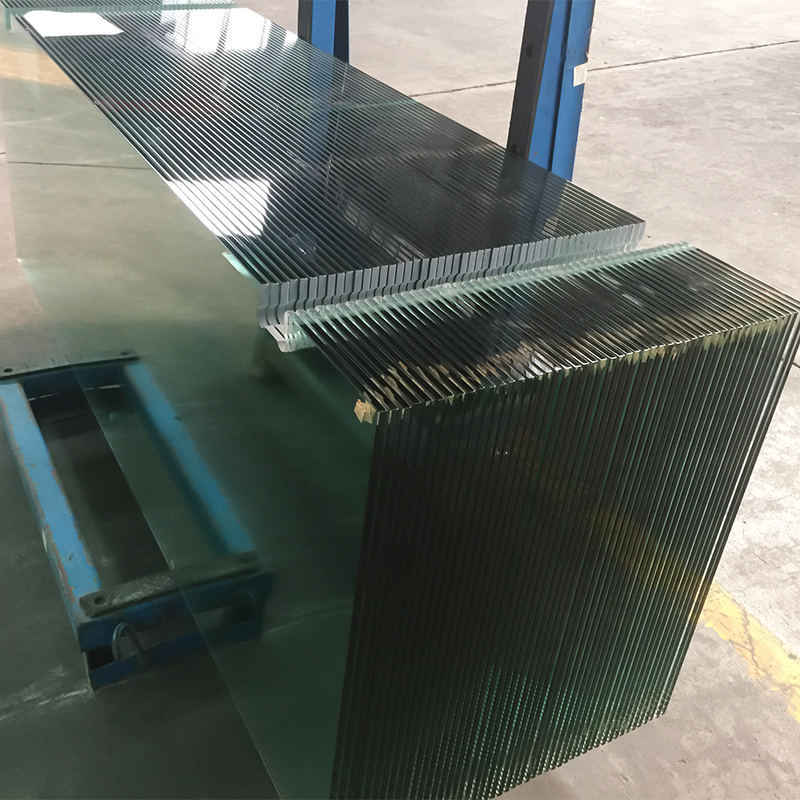Scratch Resistance of Furniture Tempered Glass:
Tempered glass offers some degree of scratch resistance, but it is not entirely scratch-proof. The tempering process does improve its resistance to surface damage compared to standard annealed glass. However, it's important to note that tempered glass can still be scratched under certain conditions, particularly if abrasive materials or sharp objects are in contact with its surface.
To maintain the scratch resistance of tempered glass furniture, consider the following tips:
Use Coasters and Placemats: Place coasters or placemats under items that might have abrasive or sharp surfaces, such as ceramic dishes or metal utensils, to prevent direct contact with the glass.
Clean with Care: Use soft, non-abrasive cleaning materials like microfiber cloths to clean tempered glass surfaces. Avoid using abrasive scouring pads or harsh chemicals that could scratch the glass.
Regular Cleaning: Regularly clean and dust the glass to prevent the buildup of abrasive particles or dirt that can cause micro-scratches over time.
Avoid Hard Impacts: Even though tempered glass is impact-resistant, avoid subjecting it to hard impacts or knocks, as these can potentially create scratches or damage.


Resistance to Thermal Stress of Furniture Tempered Glass:
Tempered glass is more resistant to thermal stress than standard annealed glass, but it still has its limits. Thermal stress occurs when there is a significant temperature differential between different parts of the glass. While tempered glass can withstand higher temperature variations than annealed glass, extreme and sudden changes in temperature can still cause it to break.
To ensure the resistance to thermal stress of tempered glass furniture:
Avoid Extreme Temperature Changes: Try to avoid exposing tempered glass furniture to rapid and extreme changes in temperature. For instance, don't place very hot objects directly on a cold glass surface or vice versa, as this can lead to stress cracks.
Use Heat-Resistant Pads: When placing hot cookware or dishes on a tempered glass tabletop, use heat-resistant pads or trivets to distribute the heat and reduce the risk of thermal stress.
Maintain Even Temperature: If possible, maintain a consistent and even room temperature to minimize the chances of thermal stress.
While tempered glass is more resistant to thermal stress than standard glass, it's essential to handle it with care and take precautions to prevent extreme temperature fluctuations that could potentially lead to breakage.

 English
English عربى
عربى Español
Español















.jpg?imageView2/2/format/jp2)
-1.jpg?imageView2/2/format/jp2)



